Elton John recently had this to say about the very troubled relationship with his now deceased father: “He never told me he loved me, he didn’t hold me, and he didn’t come to see me perform.” He continued: “He was taught that love had limits. You don’t show it in public. You don’t even show it in private. And if your son isn’t quite like you, and he’s pretty ******* different from you in fact, then your love becomes cut off and inexpressible.”
John was born in 1947 to his Royal Air Force father and his unwed mother; his parents did not marry until he was 6 years old. But, their relationship was at best a rocky one and they divorced when John was 14. Only seeing his father sporadically, John was raised by his mother and maternal grandmother. This rejection was something that John could never quite shack off: “I’ve spent the rest of my life trying to prove to my father that I was a success. He’s been dead [for] years and I’m still trying to prove the point. It stays with you.” In 2011, John said much the same thing: “You know, my father never came to hear me play. Not ever. He was a tough and unemotional man. He was dismissive, disappointed and finally absent. I just wanted him to acknowledge what I’d done.”
The childhood experiences of Elton John are not unusual, in fact they are the norm, for those boys who later become “gay.” First, there is a sense of alienation from either an abusive, hypercritical, or absent father figure; this creates a sort of detachment from all masculinity, shown in the avoidance of male peers and their eventual rejection of you; here, Elton John found solace in music; in fact, pre-gay boys are often drawn to the arts, and, then driven to succeed as a way to decisively achieve recognition and love. Gay icon Jimmy Somerville, the Elton John of my generation, once said: “I was painfully self-obsessed and self-aware. I wanted people to love me…” Journalist and author Randy Shilts, American chronicler of the AIDS epidemic, echoed the same sentiment: “I want fame, I want love…being able to walk into a gay bar and have people recognize me so they would want me…” With all of these men, there is a sort of operatic self-flagellation in exposed misery. In the case of John, artistic creativity and fame always brought with it a lingering swerve towards sadness; often incorporating the biggest icons of “gay” culture in his music, from “The Wizard of Oz” in “Goodbye Yellow Brick Road” to Marilyn Monroe in “Candle in the Wind:” which he later remade for his friend and fellow public martyr Princess Diana. The two were often tragic kindred spirits, because they both longed for the completion through male compassion and security that always eluded them.
Inherent in this longing for male love is a sorrow that the “gay” life never seems to quite fill; this depression is cross-generation in “gay” men; British singer Sam Smith recently remembered: “I used to get in the taxi back to Oval where I used to live from the studio and on the way back to Oval there was a crossroads and one road would lead to gay clubs that I used to go out to and then the other road would go home and I was in such a lonely, sad place when…sometimes I would literally have to choose, Do I go home to nothing? Or stay out for more?” Later, he revealed that: “I had a lot of one-night stands. I met a few dodgy friends, people I’m definitely not friends with now.”
For those who suffer with this feeling of loss and separation, “gay” sex is a temporary fix. Unfortunately, men such at Elton John, are now trying to work through their father wounds, since “gay” sex didn’t do the job, by having children. John said: “I never stop telling them I love them…” But, this is an artificial reality: John and his “husband” had previously been turned down for adoption because of his age [68]. Therefore, according to reports: John’s first son was born to an unidentified surrogate mother who is not his biological mother but had carried the baby after being implanted with a donor egg from another mystery woman. The identity of the surrogate mother is a closely guarded secret…But unlike elsewhere in the world, it is not illegal in California for a multi-millionaire such as John to pay a significant sum of money to buy a baby. John, who always desperately needed to be needed, for this reason, throughout his life he was repeatedly attracted to friendships with broken and self-destructive people (Diana, Elizabeth Taylor, George Michael) here, John has created a superficially permanent universe in which he believes he finally has worth in someone else’s eyes.
In fact, the entire “gay” dream is being synthetically held together. Since at least the mid-1970s, pharmaceuticals have been the only thing that allows the “gay” community to stay alive: first, it was antibiotics that kept at bay an endless stream of increasingly virulent sexually transmitted diseases; then, AZT, and later antiretroviral treatments for AIDS; today, although estimates show that at least 50% of all gay men will be HIV+ in the next thirty years, PrEP is the latest effort from modern science to stave off the inevitable. Everything, “gay” sex, designer babies, drug cocktails, are all clever little ways to avoid the simple and the plainly evident: that “gay” men are wounded little boys still searching for someone to care for them. In John’s most gut-wrenching single, “The Last Song” from 1992, a “gay” man dying of AIDS gets a final visit from his estranged father; even in death, all is unresolved until the Father returns and loves his lost son.
For more information on the father wound, read:
https://josephsciambra.com/2015/09/the-homosexual-male-and-father-wound.html
https://josephsciambra.com/2015/08/pain-killers-why-gay-men-are-bent-on.html
https://josephsciambra.com/2015/06/gay-marriage-its-not-about-being-gay-or.html

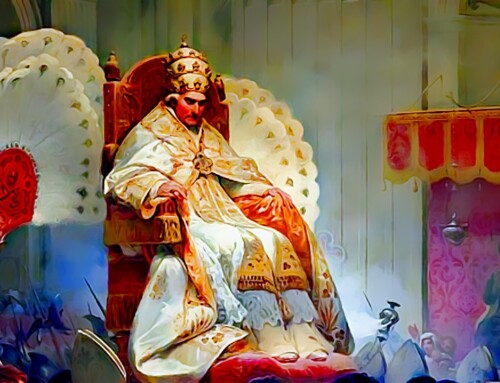
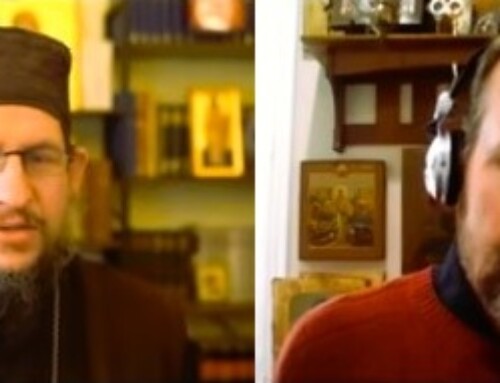
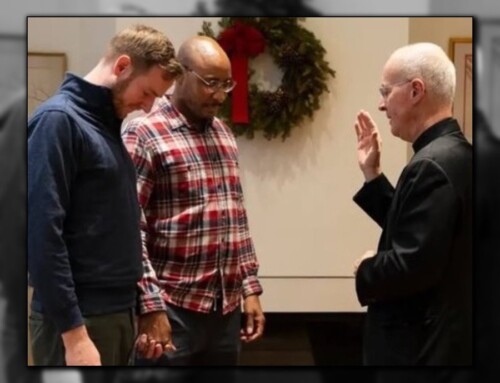
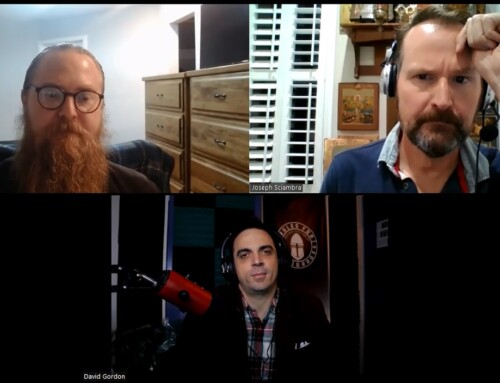
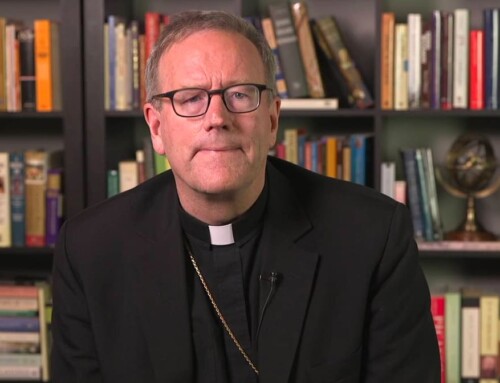
And hey again, the Holy Spirit breathes through your keyboard 🙂
XOXO
Joseph I am always so touched by your sharing.
Thank you for your faithfulness to God and for wanting to help others. I share your website widely with others.
God bless you.
Joseph, another post excellent post. Again, you nailed it.